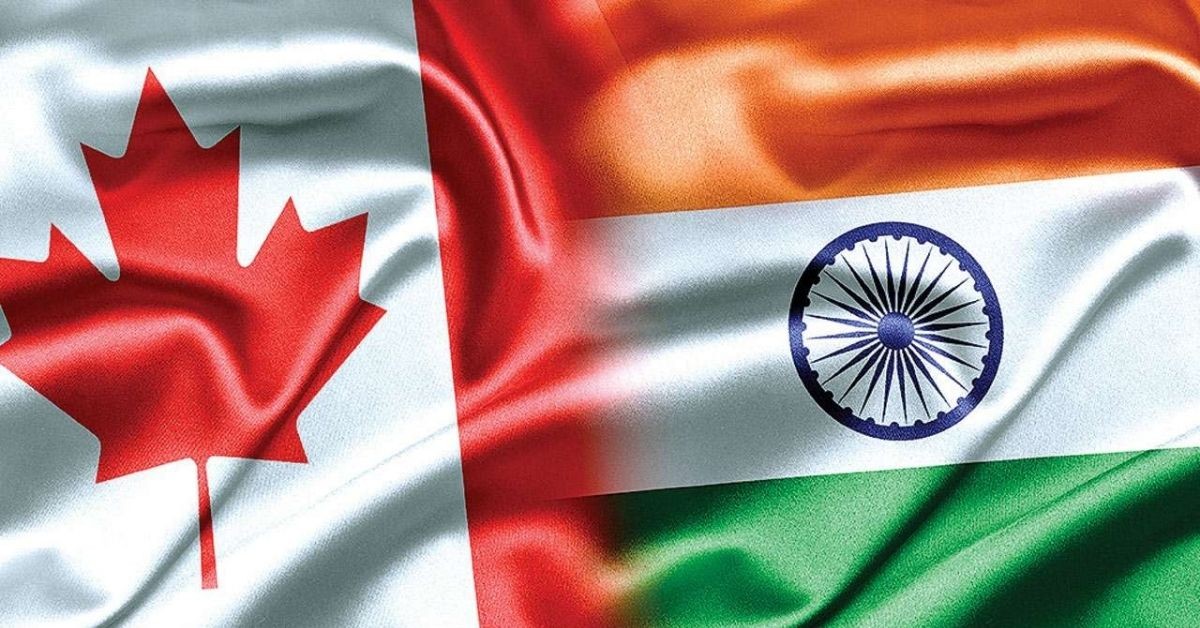India and Canada may come back to the negotiating table later this month after a gap of almost four years to explore the possibility of signing a mini trade deal. The two sides have been negotiating a Comprehensive Economic Partnership Agreement (CEPA) since 2010 with the latest round of negotiations held in August 2017.
“We have held several rounds of virtual discussions with the Canadian side since June last year. In October, a bilateral meeting was held to explore the option of an early harvest or interim agreement. In this regard, a scoping paper has been shared with Canadian side. A formal round of negotiations is likely to happen sometime in late April,” a commerce ministry official said under condition of anonymity.
India has been keen to sign mini trade deals with the EU and the UK, but not much headway has been made so far. Most countries are keen to sign comprehensive free trade agreements with India rather than early harvest deals. India’s long drawn negotiations for a mini trade deal with the US also didn’t work out.
No dates have been finalized for the talks as yet, an official in the Canadian embassy said under condition of anonymity.
Queries emailed to the commerce ministry didn’t elicit any response till press time.
No headway has been made by the two sides after the 10th round of talks in August 2017. “At that time, constructive discussions were held on various issues, including cross-border trade in goods and services, e-commerce, telecommunications, sanitary and phytosanitary measures, and technical barriers to trade. Since then, Canadian and Indian officials have held several stocktaking meetings, most recently in November 2020. India is a high-priority trading partner and the government of Canada continues to work with the Indian government to expand our trade relationship to its full potential and create opportunities for Canadians, including continuing work to make progress on an agreement,” according to an update on the global affairs portal of the Canadian government.
As Canada is not a large market for Indian goods, India is keen to have a strong services agreement under the proposed CEPA. India is interested in creating more jobs for its teeming IT professionals, by facilitating easier work visas for Canada under the trade agreement. Canada, a major producer of pulses, is keen to increase its agri exports to India.
The two sides also need to resolve the issue of signing an investment treaty. Negotiations for a Foreign Investment Promotion and Protection Agreement (FIPA) between the two countries had been completed under the previous United Progressive Alliance government. However, after the National Democratic Alliance government introduced a model draft Bilateral Investment Treaty (BIT), annulling all existing BITs, FIPA was not signed.
Source : Live Mint






